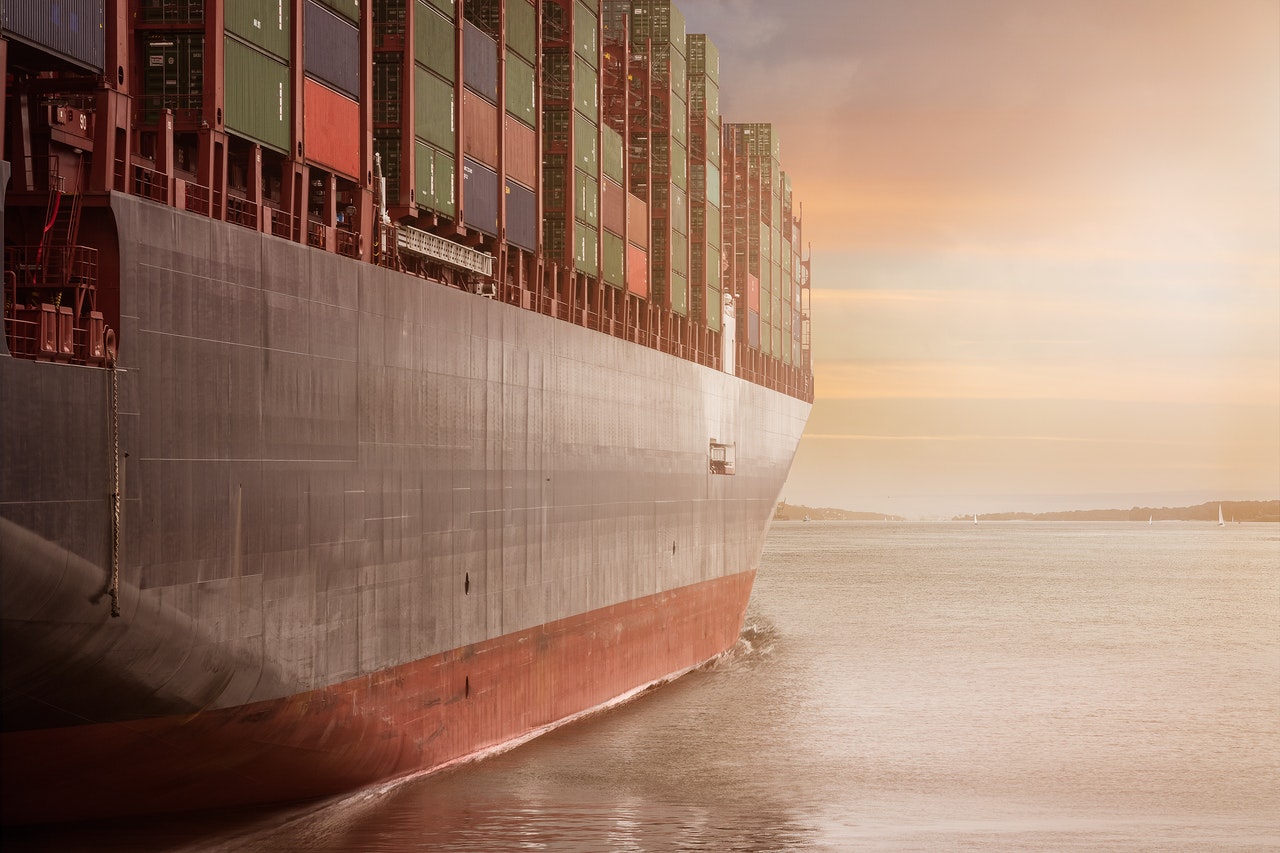With the global supply chain still reeling from the far-ranging impacts of COVID-19, Malta’s businesses are bracing themselves for another year of rising costs as they warn consumers to “get ready” for an increase in prices across economic sectors.
Problems affecting shipping have changed the way goods are transported and the commercial relationships surrounding their supply.
One sector where end-consumers can expect to see increases is property, with Michael Stivala, acting president of the Malta Developers Association, pointing out that “expenses have simply increased by a lot.”
“We practically can’t even get containers from China anymore,” he says. “It’s more worth it from Europe and other countries close to Europe, like Turkey.”
“Thing is,” he continues, “even those countries have COVID-related problems. For example, we’ve seen factories closing down and production falling back by two to three weeks, and of course this affects the availability of materials.”

While acknowledging that supply chain issues are a worldwide phenomenon, Mr Stivala also highlights the crucial role China plays as a a key exporter of raw materials and intermediate goods.
“The thing about China is that problems there affect the entire supply chain.”
Meanwhile, raw materials like iron are in high and rising demand around the world.
“So you can expect the cost to build to increase a significant amount,” explains Mr Stivala, who is also chairman and CEO of construction magnates Stivala Group. “The additional charges need to be taken into account, which means that property prices will increase.”
In general, the cost of materials has increased by some 15 to 20 per cent. For some materials, this increase is even by 50 per cent.
Commenting on recent historical trends and what we can expect to see in the short to medium term, Mr Stivala notes that the Maltese construction sector had previously been in a situation where the cost of land had been rising, but the cost to build was falling.
“This trend is now being reversed, in a sense. The cost of land is not rising as markedly as before – although it is holding its price nonetheless, and certainly is not getting any cheaper – but the cost to build is increasing extravagantly.
“What we expect is a boom in housing prices, just like we have seen in other sectors. If the prices of milk and bread are going up, construction follows. It is exposed to the same trends as the general economy.”
Big Mat, a DIY and tool shop at Ta’ Qali owned by construction giants Attard Bros’, is facing similar issues.
Asked whether problems in shipping are affecting the retail customer, operations manager Andrew Xuereb’s response is emphatic.
“A lot. Prices are increasing across the board.” This has led to complaints, as customers “don’t even believe us when they see that prices have gone up from one week to the next”.
Describing the situation as “ridiculous”, he explains that Big Mat have tried to counter by increasing the size of shipments and looking at alternatives to shipping, like overland transport and changing suppliers to European ones.
“We need to keep in mind, however,” continues Mr Xuereb, “that most European companies are still getting their own material from China. Whether it’s finished products or raw materials, what happens in China is felt around the world.”
BusinessNow.mt also reached out to Universal Import & Export, a company trading in materials for the pharmaceutical, marine and food manufacturing industries. CEO Alistair Buttigieg Vella is open about the challenges facing the sector.

“Supply chain issues are impacting us a lot,” he says. “Costs have gone up, as have delays. The human resources required to coordinate the same amount of work have increased – what used to take an hour now takes a day.”
He illustrated his point: “For example, we receive a quotation for a shipping, and until you confirm it, it changes. Or you think you’ve secured something, only to find out an hour later that you haven’t. It’s chaos.”
Compounding the issue is Brexit, a transition Mr Buttigieg Vella describes as “plagued by miscommunication”.
Prior to Brexit, consignments from the UK would often be split between two companies. After Brexit, consignments must arrive under a single company’s name. “These issues simply didn’t exist before as no documents of the kind needed to be filled in,” he says.
The cost of materials in itself has also increased, forcing companies like Universal Import & Export to adapt to the situation in different ways.
“With some suppliers, we’ve hedged certain prices and paid up front. For other materials, we are breaking up shipments that we would previously assign to one function or client to multiple to ensure there are enough materials for everyone to continue working.”
This comes at the expense of stock on hand, with shipments that previously lasted three months now only lasting a month and a half until they are exhausted, making Universal Import & Export, and its clients, more dependent on an uninterrupted flow of goods.
This workaround does not come without its costs: “We are doing this even though we are sacrificing profits. Assigning a shipment to a single company would be more worth it, but we felt it was a decision we had to take.
“What’s important now is to ensure stability in our procedures and relationships, so where we felt we could absorb costs, we took that decision. Our profits might be reduced, but industry keeps going.”
Two years since its birth, Moneybase features on Microsoft’s Customer Stories
Moneybase has now just been featured on Microsoft’s latest Customer Stories
Finance Minister confirms continuity of food and energy subsidies
Spending on food and energy subsidies as a percentage of the GDP will be at 0.7% in 2025
MHRA congratulates Glenn Micallef on EU role, highlights positive impact on Malta’s tourism and cultural sectors
The lobby group emphasised that Malta’s cultural assets and sports scene are key factors in attracting visitors and fostering economic ...






